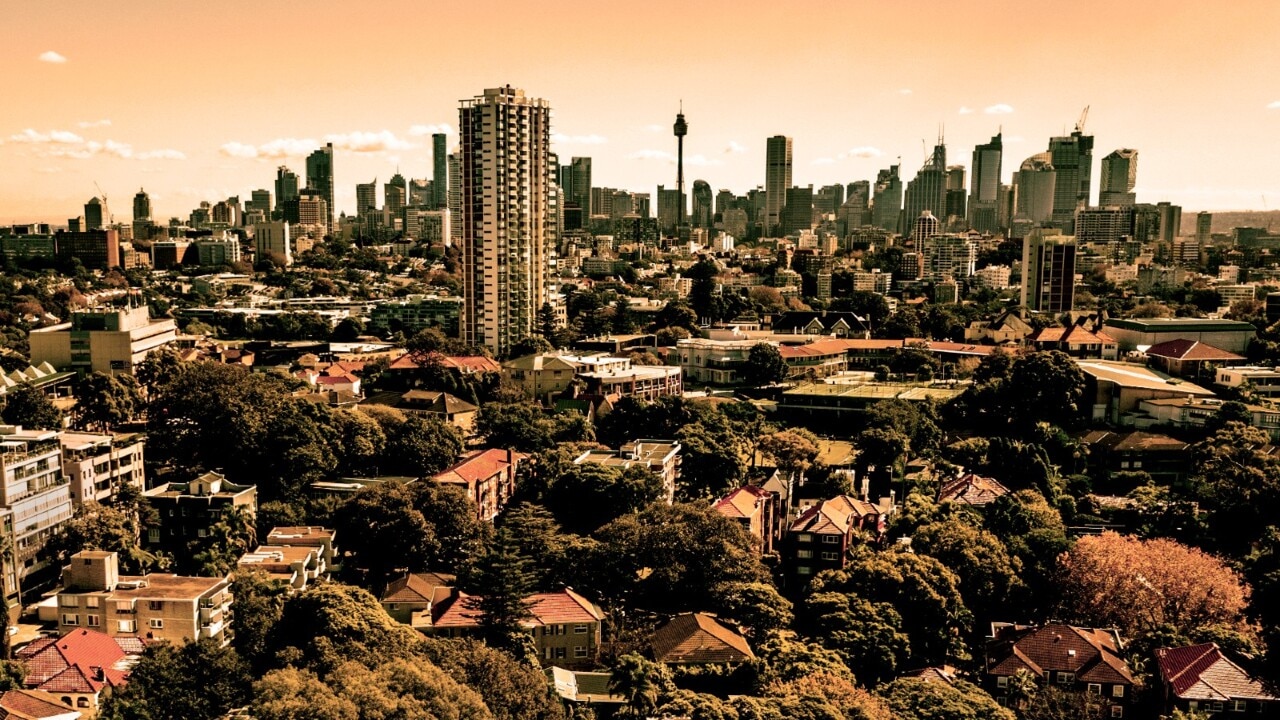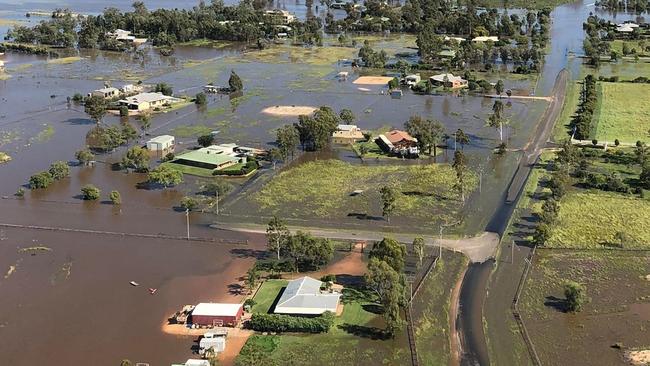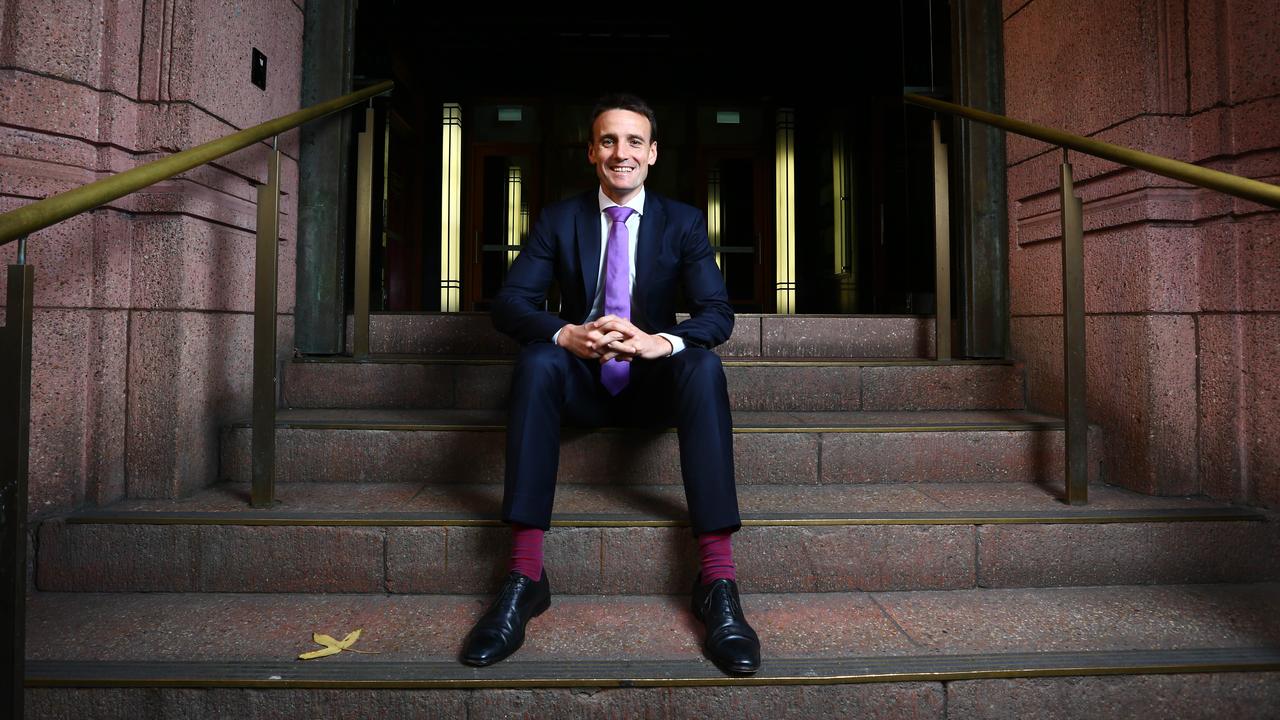Report finds insurers ‘underprepared’ for 2022 flood disaster
A report into the insurance industry has made seven recommendations to avoid the pitfalls that hampered the response to the 2022 floods along Australia’s east coast.

The insurance industry was underprepared for floods that lashed the east coast last year, with antiquated technology and a lack of skilled staff, tradies and materials turning the disaster into an gruelling experience for many of its customers.
Those are some of the findings of a landmark review into the insurance industry released on Tuesday by the Insurance Council of Australia after months of investigation into the sector’s response to the floods by consulting house Deloitte.
The ICA has pledged to accept, in principle, seven recommendations to improve the insurance industry’s response to natural disasters in future.
This will see insurers move to improve preparedness and resourcing, as well as rework chunks of the General Insurance Code of Practice at an upcoming review.
Deloitte’s review, commissioned by the ICA in the wake of the 2022 floods, finds the insurance sector was not prepared for the $6bn disaster, which triggered more than 242,000 claims in what stands as the most expensive catastrophe in Australia in the past century.
Insurers faced a massive disaster spread across the east coast, with the response to the damage hampered by shortages across the board.
The review found insurers entered the disaster with a short supply of workers in the sector amid a broader tight labour market.
In addition, building materials to repair damaged properties were in short supply and trending towards historically high prices.
This was coupled with a shortage of used and new cars and car parts, amid a pandemic overhang.
Regional and rental accommodation was also in short supply, amid high domestic tourism and reduced capacity, leading to a shortage of options to rehome people affected by floods.
Deloitte finds the floods “exposed vulnerabilities in insurers’ claims and complaint handling responses”.

Deloitte reviewed the handling of flood responses from eight insurers: Youi, Suncorp, RACQ, QBE, IAG, A&G, Allianz and Hollard.
Deloitte finds some insurers entered the disaster with antiquated computer platforms for claims handling, with several still using DOS-based systems.
DOS was a computer operating system commonly used between 1981 and 1995.
Deloitte found these old computer systems were “difficult to integrate with other systems, more inflexible in adapting to new functional requirements and ultimately impact negatively on the policyholder experience”.
The review found insurers failed community expectations around communicating to those affected by the floods, with many missing deadlines to report to insured customers about their claims.
The report found more than 34,000 complaints were lodged with seven insurers, with many due to delayed claims handling in the wake of the floods.
The ICA said many insurers had already improved their systems as a “result of lessons learned” from the 2022 floods.
The report makes seven recommendations to apply to all insurers as a result, including warning the industry to better prepare for catastrophes and extreme weather.
Insurers are also urged to improve their communications with policyholders and better resource capabilities to respond to catastrophic events.
Deloitte calls for insurers to invest in process, technology and infrastructure “in the context of responding to a catastrophe”.
Deloitte said insurers must better co-ordinate with governments on “improved customer outcomes”, including supporting access to government payments, consistency to approach in cleaning up debris, and incentivising investments in disaster resilience.
The insurance industry has lobbied the NSW government to restrict new developments in flood-prone areas, as well as put in place infrastructure to protect existing communities. A proposed development in Sydney’s west will not go ahead amid concerns thousands of homes would be built on high-risk flood plains.
Under the proposed recommendations from Deloitte, insurers would also rework their code of practice and definition of “extraordinary catastrophe”.
ICA chief executive Andrew Hall said the insurance industry “acknowledge there were failures of systems, processes and resourcing which impacted some customers as they progressed through their claims process”.
“Repeated exposure to such events, coupled with established disaster institutions and frameworks, means Australian insurers are well placed to show the world how to respond effectively and efficiently to extreme weather events. This will always need to be weighed up against the cost impacts and keeping insurance affordable,” he said.
The ICA will conduct a review on the insurance industry’s progress towards the recommendations in the report in the second half of next year.







To join the conversation, please log in. Don't have an account? Register
Join the conversation, you are commenting as Logout